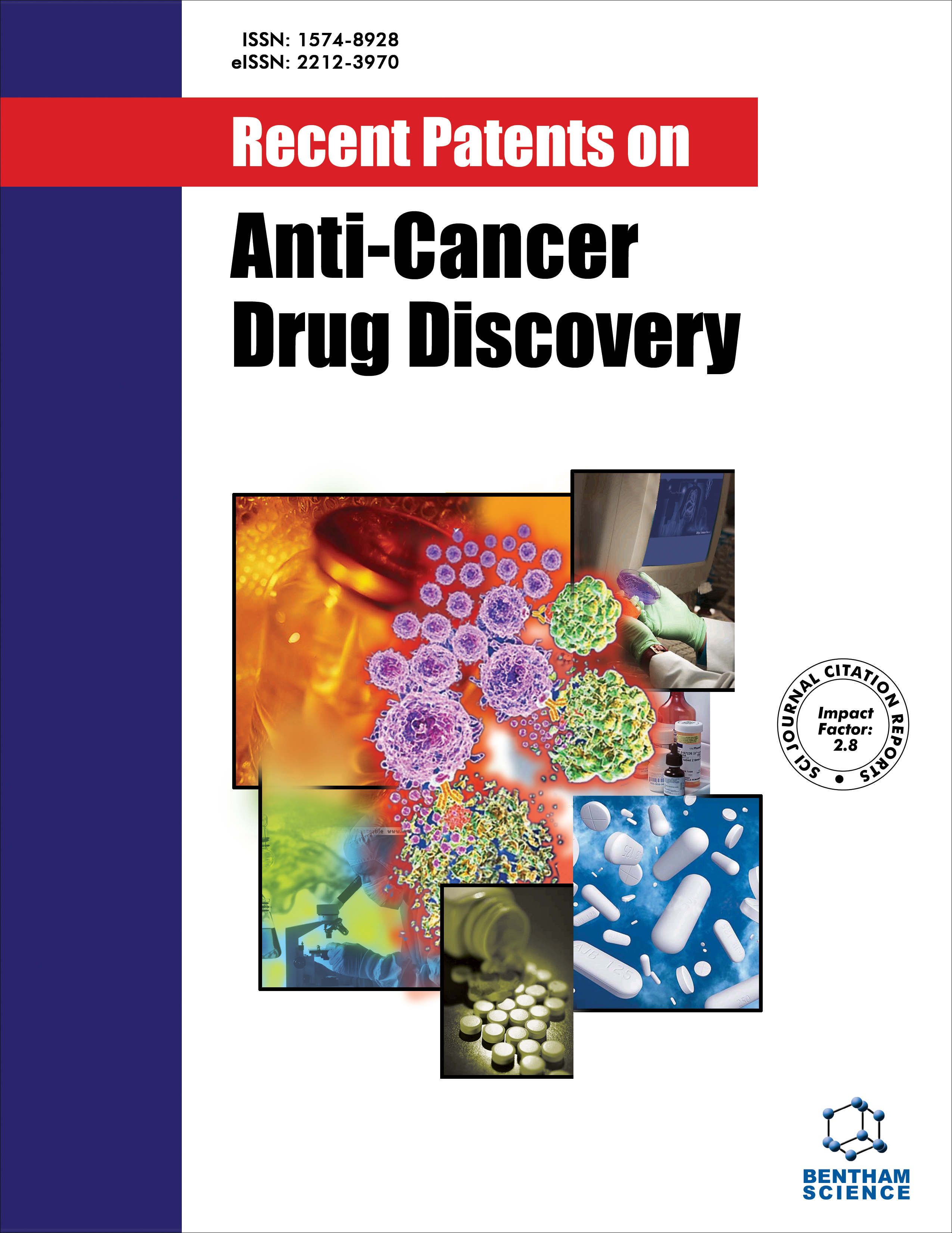-
s ATP Citrate Lyase Inhibitors as Novel Cancer Therapeutic Agents
- Source: Recent Patents on Anti-Cancer Drug Discovery, Volume 7, Issue 2, May 2012, p. 154 - 167
-
- 01 May 2012
Abstract
ATP citrate lyase (ACL or ACLY) is an extra-mitochondrial enzyme widely distributed in various human and animal tissues. ACL links glucose and lipid metabolism by catalyzing the formation of acetyl-CoA and oxaloacetate from citrate produced by glycolysis in the presence of ATP and CoA. ACL is aberrantly expressed in many immortalized cells and tumors, such as breast, liver, colon, lung and prostate cancers, and is correlated reversely with tumor stage and differentiation, serving as a negative prognostic marker. ACL is an upstream enzyme of the long chain fatty acid synthesis, providing acetyl-CoA as an essential component of the fatty acid synthesis. Therefore, ACL is a key enzyme of cellular lipogenesis and potent target for cancer therapy. As a hypolipidemic strategy of metabolic syndrome and cancer treatment, many small chemicals targeting ACL have been designed and developed. This review article provides an update for the research and development of ACL inhibitors with a focus on their patent status, offering a new insight into their potential application.


